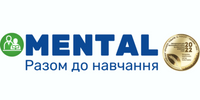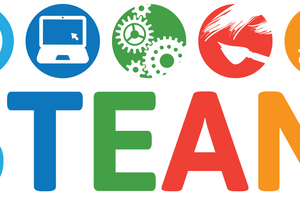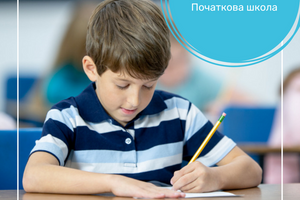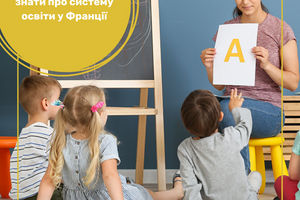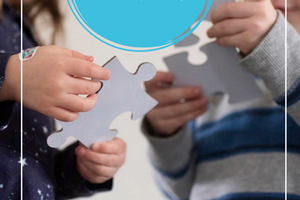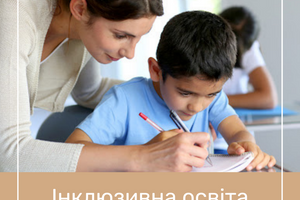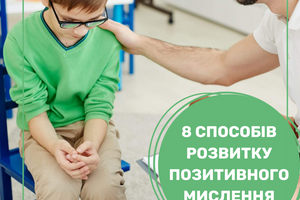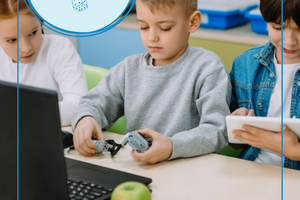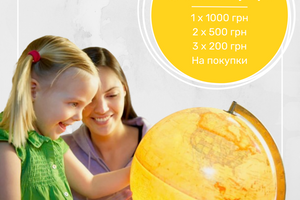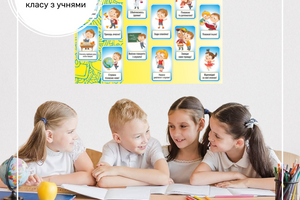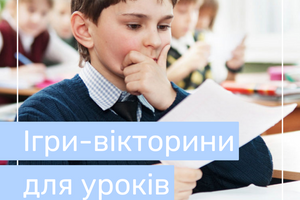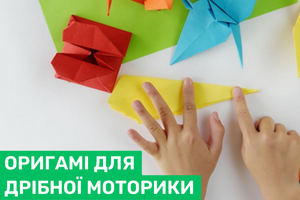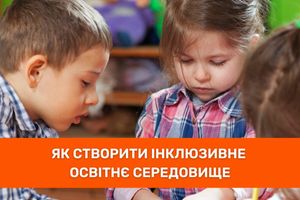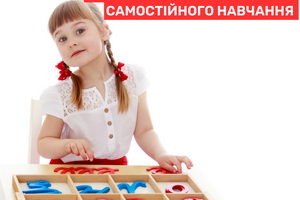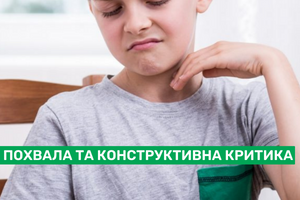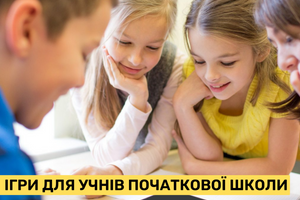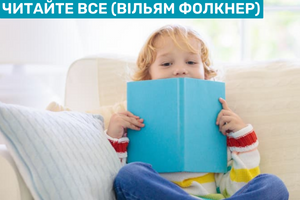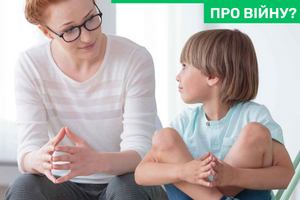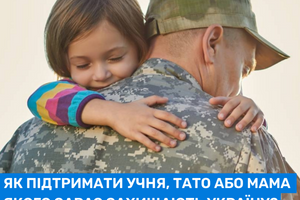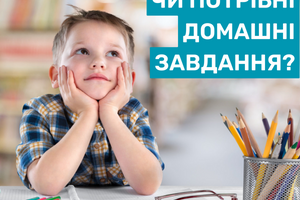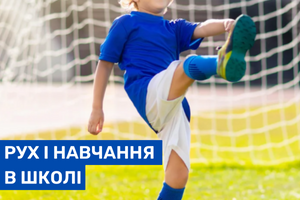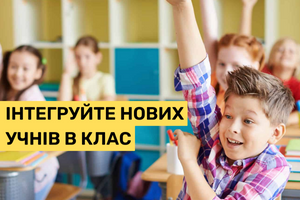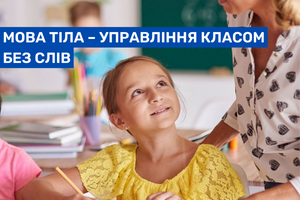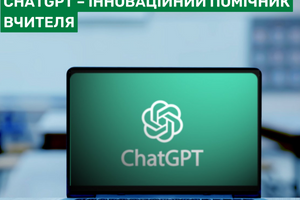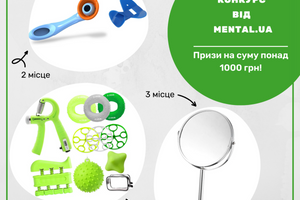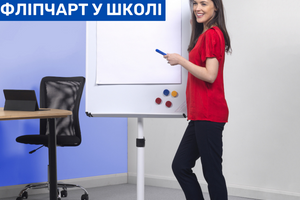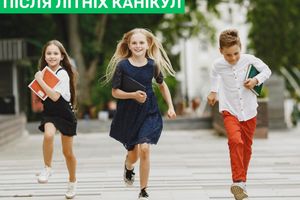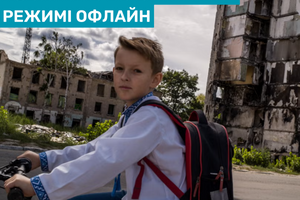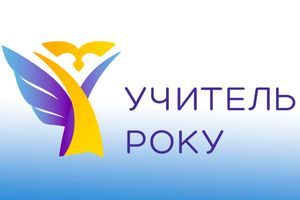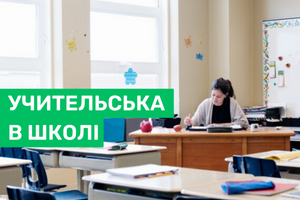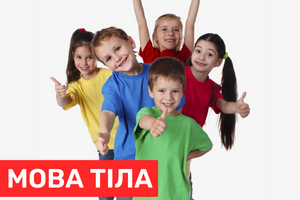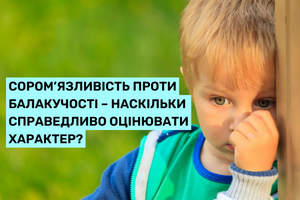Language training in kindergartens and primary schools
Kindergartens and schools have not only educational powers. Confident command of the Ukrainian language and the ability to express oneself are necessary prerequisites for successful education and participation in public life. Therefore, promoting language development in kindergartens and primary schools is one of the most important tasks of educators and teachers.
What is the Linguistic and Literary Educational Branch of NUS?
Language education and language training based on needs are important for all children. For the highly developed linguistically, as well as for those with a wide variety of language deficits, or for children whose native language is not Ukrainian. The term Linguistic and Literary field of education summarizes all the methods by which language development of children should be promoted. The goal of language support is for each child to acquire age-appropriate skills: to express their own wishes and needs, as well as to master the entrance to school and the acquisition of written language. The main tasks of language promotion in kindergartens are the expansion of vocabulary and the ability to compose sentences, as well as the promotion of communication skills. Pronunciation difficulties, which often occur in preschool age, usually resolve themselves. If they are still present in preschool children, it makes sense to seek additional speech therapy help.
How does language promotion work?
The younger children are, the more they benefit from language training. Therefore, kindergartens and nurseries are an ideal place, next to the family, to promote language development. The most stable is integral and everyday language support. Children learn with all their senses. Reading picture books and talking about history is not the only way to develop language. All of children's daily lives, from getting dressed to eating and sleeping, are rich in opportunities for conversation. Gymnastics, needlework, experiments, games - everything can be accompanied linguistically with songs and stories, and children can be encouraged.
Games for language development
In addition to everyday language education, games can be used to promote language in order to target specific language aspects. For example, pictures to promote language specifically expand core vocabulary in areas such as 'food', 'feelings', 'body' or for specific word groups such as verbs. Games like word quiz help develop language and reading skills among elementary school children as well as adults. Children who have difficulty with individual sounds can train their breathing technique or air flow control with speech therapy games, such as air speech therapy lotto and toys for the development of speech breathing flying ball.
Important for all language lessons, both in kindergarten and at home: children need time. Time to talk and find words. And whoever has time for them listens to them and encourages them to tell stories. In this case, the most important prerequisites for successful language acquisition are met. A large selection of various materials and games for language development in the linguistic and literary educational field for any age can be found in the Mental.ua online store.
